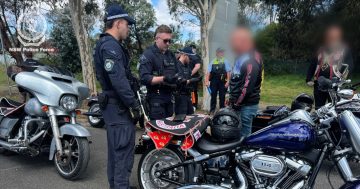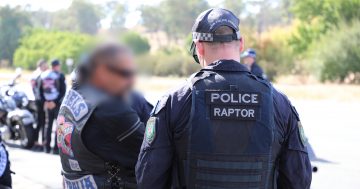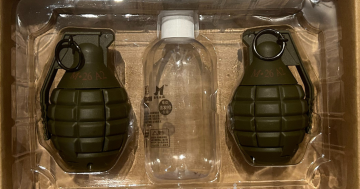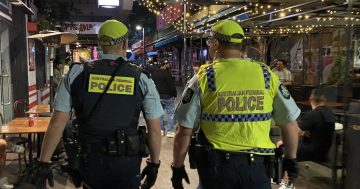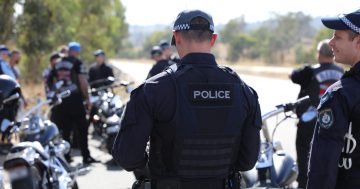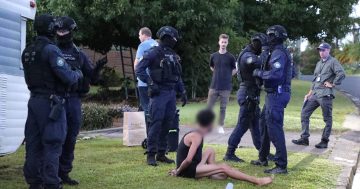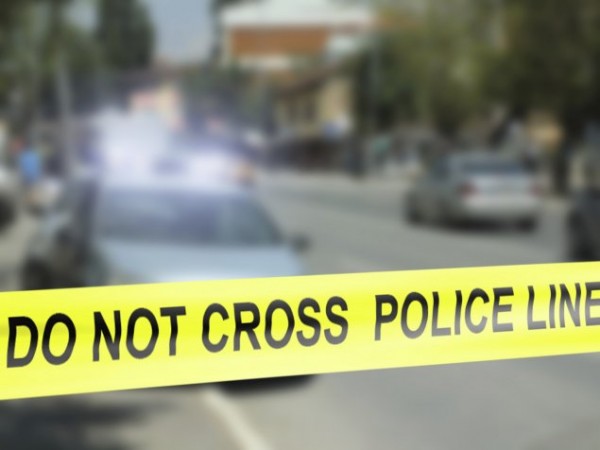
A new offence for drive-by shootings, wider crime scene powers and firearm bans are part of a planned Government crackdown on violence linked to outlaw motorcycle gangs in the ACT.
The Minister for Police and Emergency Services, Mick Gentleman, told the Legislative Assembly that the unlawful firearms activity and apparent escalation of violence linked to outlaw motorcycle gangs were of serious concern to the community, ACT Policing, and the Government.
“The ACT Government and ACT Policing are working together to continually strengthen our response to OMCG activities, particularly as those criminal activities evolve,” he said.
“I have committed to working with the Attorney-General and my Cabinet colleagues to bring forward a discussion on legislative options to assist police target serious and organised crime.”
However, shadow attorney-general Jeremy Hanson said the problem was one of the Government’s own making by its refusal to follow NSW’s lead on anti-consorting laws that he said would curtail OCMG activity.
He said the Government’s failure to act had made the ACT a haven for OCMGs.
“Bikies established in NSW have been coming to the ACT to meet, congregate and plan activities that they can’t otherwise do in NSW, and what we have seen is the establishment of two new bike gangs in the ACT, because they have received legal advice that the ACT is a soft touch, an easier place for them to operate,” Mr Hanson said.
He said the Liberals would support any good sensible measures that cracked down on bikie crime but if the ACT did not have laws on par with NSW the Territory would continue to see bikies coming from NSW to conduct their activities.
Mr Gentleman said a specific offence addressing drive-by shootings would incur a serious penalty, even if it could not be shown that a particular individual was the target of the shooting.
“This would make it clear to outlaw motorcycle gangs that the community rejects this behaviour,” he said.
Mr Gentleman said ACT Policing had identified that specific powers to secure a crime scene to protect evidence while obtaining a search warrant would be a beneficial measure.
“A recent incident where bullets were fired into the walls and windows of a house demonstrated a gap in the law in the ACT, as ACT Policing officers were unable to either enter the house or establish a crime scene until a search warrant was obtained,” he said.
“If the occupants of a house in this scenario subsequently tamper with evidence while police are obtaining a search warrant, this impacts on the ability of ACT Policing and forensic specialists to examine the scene.”
The Minister said that Firearm Prohibition Orders could allow for specified persons to be prohibited from possessing a firearm, firearm parts or ammunition.
“Once an order is made it would allow police to search the subject of the order subject, their vehicle and premises to determine if they have committed an offence contrary to the order,” he said.
“ACT Policing has advised Firearm Prohibition Orders could greatly assist in the proactive and agile targeting of persons currently engaged in outlaw motorcycle gangs and associated criminal activity and help to reduce firearms related violence.”
The Government was also exploring the introduction of laws to remove building fortifications that prevented or delayed police from entering premises.
“The ACT does not currently have laws which prohibit the establishment of fortifications or require them to be removed,” Mr Gentleman said.
“Fortifications may provide outlaw motorcycle gangs with time to vacate premises, delay police entry and frustrate the execution of search warrants through the destruction of evidence.”












